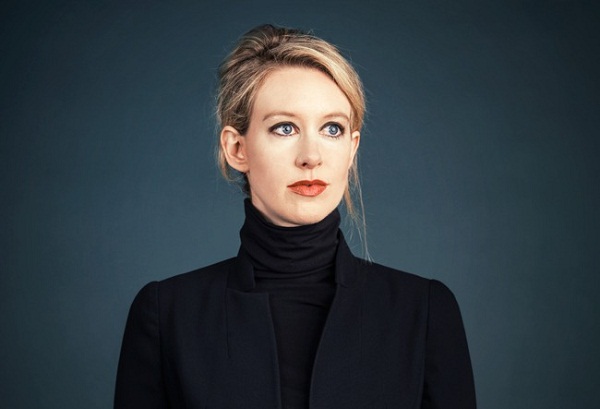
Access to healthcare is one of the basic human needs. In a world where innovation is abundant and access is a matter of mere willingness no one should die for lack of treatment. But it happens regularly in Bangladesh and many other places of the world. People die due to lack of treatment, medicine, wrong treatment and whole lot of other reasons related to health care.

Fact
Bangladesh is a country of 17 crore population, hence a very ripe market for any business. Moreover, we are moving forward everyday to become a middle income nation which means increased purchasing capacity and elated living standard for a significant portion of this population. Health care industry is one of the most profitable industries of the country. If you look at the career preference of our parents, every parent wants their child to be a doctor (few other things too), it becomes clear!
But the reality is that: healthcare system of Bangladesh is at best broken. There are lots of five star style medical hospitals that don’t open their doors for a large population of the country. The public health care facilities are immeasurably insufficient.
Even then you will not find any significant initiative in this field for years that could potentially change any part of it.
Opportunities and Options
Healthcare is not an easy fix and there are hundreds if not thousands of components of it that require attention. Say for example: testing system, access to medicine, cheaper medicine, cheaper treatment, preventing mistreatment, preventing drug duplication and more.
Some of these opportunities require innovation that may entirely disrupt the system and some just need incremental improvement.
We categories two basic types of solution in this case: preventative and cure. And preventative health care is what we need most.
Example

Theranos is a revolutionary blood analytics company founder by a Stanford dropout Elizabeth Holmes. “Theranos performs blood tests for a fraction of the price charged by competitors and without the use of a syringe. Using a painless, patented method of pricking a finger instead, it can perform as many as 70 tests at a time from just a few drops of blood—about 100th to 1000th the amount drawn by venipuncture. (via)”
Founded in 2003 the company today employs more than 500 people and valued $9 billion by investors. Homes who made Fortune 40 Under 40, 2014 list dream of reinventing lab testing.
Call
The future of healthcare is definitely more sophisticated and personalized. With increased income a large portion of the population of Bangladesh will have access to better medical facilities, at the same time we also need innovation to facilitate low cost quality health care facilities for people in need.
Now you have got the opportunity, the decision is yours whether to take it.

Your post about how startups can help healthcare, specially in the BD context is very interesting. However, I think rather than go all the way for a new technology, there is still a lot to be done just to introduce already existing technology to BD in a cheap and simple way. I was thinking like stuff like - medical records stored on the cloud, so doctors can look at a patient's history, dispatching skilled midwives to women in labour through a call center, etc., things like that, very simple to implement, but having a big effect in BD.